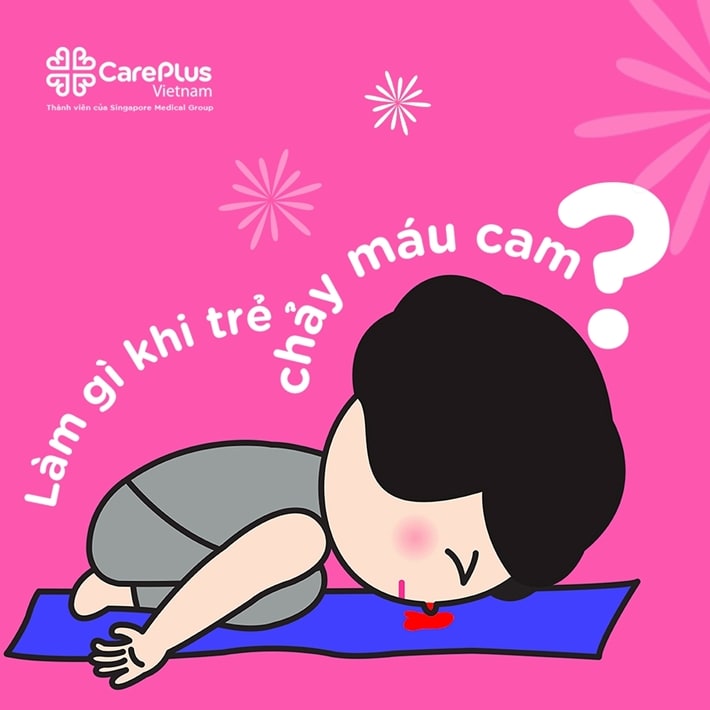First Aid For Nosebleeds

3/29/2018 4:46:24 PM
Nosebleeds are very common in children. A nosebleed (also called epistaxis) occurs when a small blood vessel in the lining of the nose bursts. The inside of the nose is delicate and the small blood vessels are fragile and close to the surface. This means they can burst easily, and start bleeding.
The bleeding is usually minimal and brief, and will typically stop in less than 10 minutes. While it can look like a lot of blood has been lost (especially when soaked in a tissue or on clothing), it is rare for children to lose so much blood that it causes any problems (e.g. anaemia). This is only to be likely with frequent, heavy nosebleeds over several weeks or months.
Nosebleeds can usually be treated with first aid, and a visit to the doctor is not needed.
First aid for nosebleeds:
 Try to calm and reassure your child, because crying will make the bleeding worse
Try to calm and reassure your child, because crying will make the bleeding worse
 Sit your child upright in a comfortable position, and lean slightly forward.
Sit your child upright in a comfortable position, and lean slightly forward.
 Squeeze the lower, soft part of the nose, pressing the nostrils together with your fingers (your child can do this if they are older).
Squeeze the lower, soft part of the nose, pressing the nostrils together with your fingers (your child can do this if they are older).
 Keep squeezing for 10 minutes. Do not keep removing your fingers to check if the bleeding has stopped.
Keep squeezing for 10 minutes. Do not keep removing your fingers to check if the bleeding has stopped.
 If your child can tolerate it, place a cool towel or covered icepack on the back of their neck while they sit on your lap.
If your child can tolerate it, place a cool towel or covered icepack on the back of their neck while they sit on your lap.
 Offer your child an icy pole or cold drink to cool them down and get rid of the taste of blood.
Offer your child an icy pole or cold drink to cool them down and get rid of the taste of blood.
 Encourage your child to spit out any blood that has dripped from their nose into their mouth. Swallowing blood may make your child vomit, which can cause the nosebleed to continue or worsen.
Encourage your child to spit out any blood that has dripped from their nose into their mouth. Swallowing blood may make your child vomit, which can cause the nosebleed to continue or worsen.
 After 10 minutes, release the nose and check if the bleeding has stopped. If the nosebleed continues, squeeze the nostrils for another 10 minutes.
After 10 minutes, release the nose and check if the bleeding has stopped. If the nosebleed continues, squeeze the nostrils for another 10 minutes.
 If after trying first aid the bleeding continues, take your child to the GP or your nearest hospital emergency department. A doctor will look up into your child's nose with a light to see if they can find the bleeding blood vessel.
If after trying first aid the bleeding continues, take your child to the GP or your nearest hospital emergency department. A doctor will look up into your child's nose with a light to see if they can find the bleeding blood vessel.
Dr. LAI THI BICH THUY
Pediatrics - CarePlus International Clinics